
MAS-GAIN 2025
1st International Workshop on Multi-Agent Systems using Generative Artificial INtelligence for Automated Software Engineering
16 November 2025
Seoul, South Korea
About The Event
As software systems grow increasingly complex, traditional engineering approaches face significant challenges in scalability, adaptability, and maintenance. This workshop provides a forum for researchers and practitioners to investigate how multi-agent architectures enhanced by generative AI capabilities can address these challenges through collaborative problem-solving, automated code generation, intelligent testing, and continuous evolution of software artifacts. MAS-GAIN 2025 aims to foster cross-disciplinary discussions on theoretical foundations, methodological approaches, and practical implementations that leverage the synergy between distributed agent-based systems and generative AI technologies. We welcome contributions that advance the state-of-the-art in agent-based software automation, demonstrate novel applications, and identify future research directions in this emerging field.
Where
Seoul, South Korea, co-located with the 40th IEEE/ACM International Conference on Automated Software Engineering (ASE 2025)
When
16 November 2025
Call for papers
As software systems continue to grow in complexity and scale, traditional software engineering approaches face increasing challenges in design, implementation, maintenance, and evolution. The emergence of powerful Generative AI technologies, particularly Large Language Models (LLMs), has created unprecedented opportunities to re-imagine how software is developed and maintained. Simultaneously, multi-agent systems offer established frameworks for distributed intelligence, collaboration, and autonomous problem-solving that can effectively address many of the inherent challenges in modern software engineering. The convergence of these two paradigms (i.e., generative AI capabilities and multi-agent architectures) presents a promising new frontier for automated software engineering.
In such a context, this workshop offers a unique platform to bring together leading researchers, industry practitioners, and visionary experts to explore the integration of Multi-Agent Systems (MAS), Generative Artificial INtelligence (GAIN), and automated software engineering. We aim to foster interdisciplinary discussions and spark innovative ideas that push the boundaries of current technology. In an era where complex software systems demand more adaptive, resilient, and autonomous solutions, multi-agent architecture provides a powerful paradigm for distributed problem-solving and collaborative decision-making. At the same time, breakthroughs in generative artificial intelligence, most notably with LLMs, are enabling unprecedented capabilities in automating the design, development, and maintenance of software systems. These advances not only streamline coding and testing processes but also open new avenues for creative systems and software engineering.
The MAS-GAIN 2025 provides a forum for researchers and practitioners to propose and discuss these advancements, addressing both theoretical foundations and practical implementations. Participants are encouraged to share research findings, case studies, and emerging trends that demonstrate how the synergy between MAS, GAIN (including LLM-driven approaches), and automated software engineering can lead to smarter, more efficient, and scalable software engineering practices.
By bridging these domains, the workshop aims to lay the groundwork for next-generation software solutions that are both intelligent and autonomous.
Topics of interest include, but are not limited to, the following:
- MAS for software engineering powered by generative AI, orchestration, and novel frameworks for MAS coordination
- Application of MAS for code synthesis, system modeling, and overall software engineering.
- Integration of heterogeneous models in multi-agent platforms
- Development of visual user interfaces and low/no-code support
- Optimization strategies concerning agent energy consumption and resource usage
- Research on local deployment and dockerization of MAS
- Recommendations of agents based on tasks or characteristics
- Integration of agent frameworks with development environments and software engineering tools
- Ethical considerations in AI-driven automated software engineering
- Verification and validation of AI-generated code and artifacts
- Human-agent collaboration
- Agent-based approaches to software maintenance and evolution
- Industrial applications, case studies, and empirical evaluations of MAS
Please note that surveys, (systematic) literature reviews, and mapping studies are out of the scope of this workshop and will be desk-rejected.
Submission process
MAS-GAIN 2025 welcomes research papers, experience papers, and tool presentations; nevertheless, papers describing novel research contributions and innovative applications are of particular interest. Contribution can be:
Regular papers (up to 8 pages, including references): in this category fall those contributions that propose novel research contributions, address challenging problems with innovative ideas, or offer practical contributions (e.g., industrial experiences and case studies) in the intersection of Multi-Agent Systems (MAS) and Generative Artificial Intelligence (GAIN), particularly Large Language Models (LLMs), for advancing automated software engineering. Regular papers should clearly describe the situation or problem tackled, the relevant state of the art, the position or solution suggested, and the potential benefits of the contribution. Authors of papers reporting industrial experiences are strongly encouraged to make their experimental results available for use by reviewers. Similarly, case-study papers should describe significant case studies, and the complete development should be made available for use by reviewers.
Short papers (up to 4 pages, including references): this category includes tool demonstrations, position papers, well-pondered and sufficiently documented visionary papers. Tool demonstration papers should explain enhancements made in comparison to previously published work. Authors of demonstration papers should make their tool available for use by reviewers.
All papers must:
- be written in English;
- be in PDF format and conform, at time of submission, to the IEEE Conference Proceedings Formatting Guidelines (title in 24pt font and full text in 10pt type, LaTeX users must use
\documentclass[10pt,conference]{IEEEtran}without including thecompsocorcompsocconfoption); - not exceed 4 pages (short papers) or 8 pages (regular papers), including references.
Submissions are required to report on original, unpublished work and should not be submitted simultaneously for publication elsewhere.
Each submitted paper will undergo a formal peer review process by at least 3 Program Committee members.
Accepted papers will be included in the ASE's conference proceedings.
If a submission is accepted, at least one author of the paper is required to register for MAS-GAIN 2025 and present the paper.
Paper submission is done via EasyChair.
Important dates
- Full paper submissions:
26th August, 2025 - 31st August, 2025 (AoE) - Notification of acceptance: 26th September, 2025
- Camera-ready: 5th October, 2025
- Workshop date: 16th November 2025
Registration
Registration fees and instructions will be available on the ASE 2025 website.
Organizers and Main Contacts
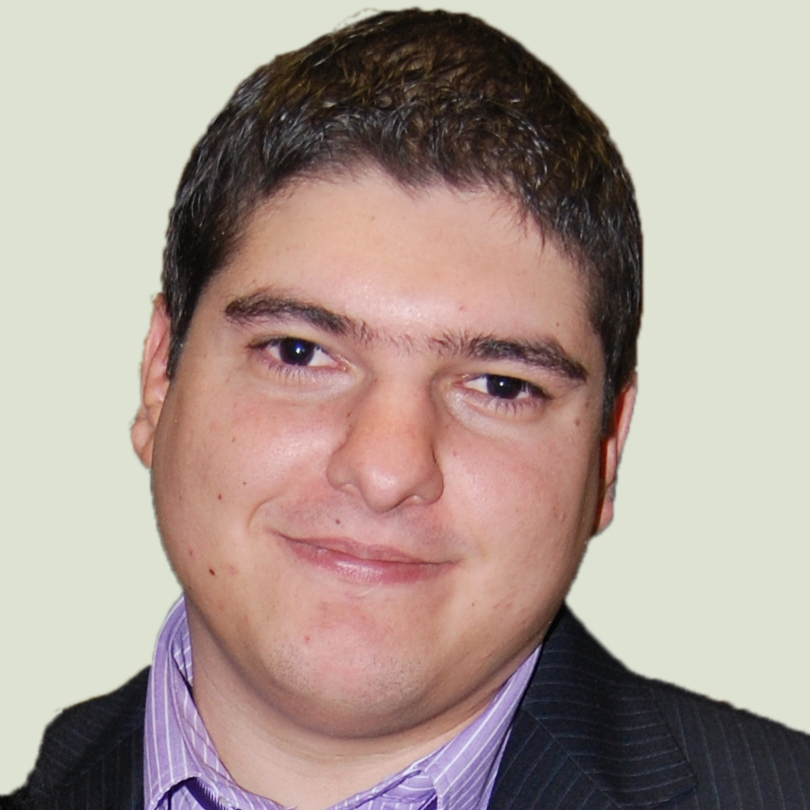
Vittoriano Muttillo
University of Teramo, Italy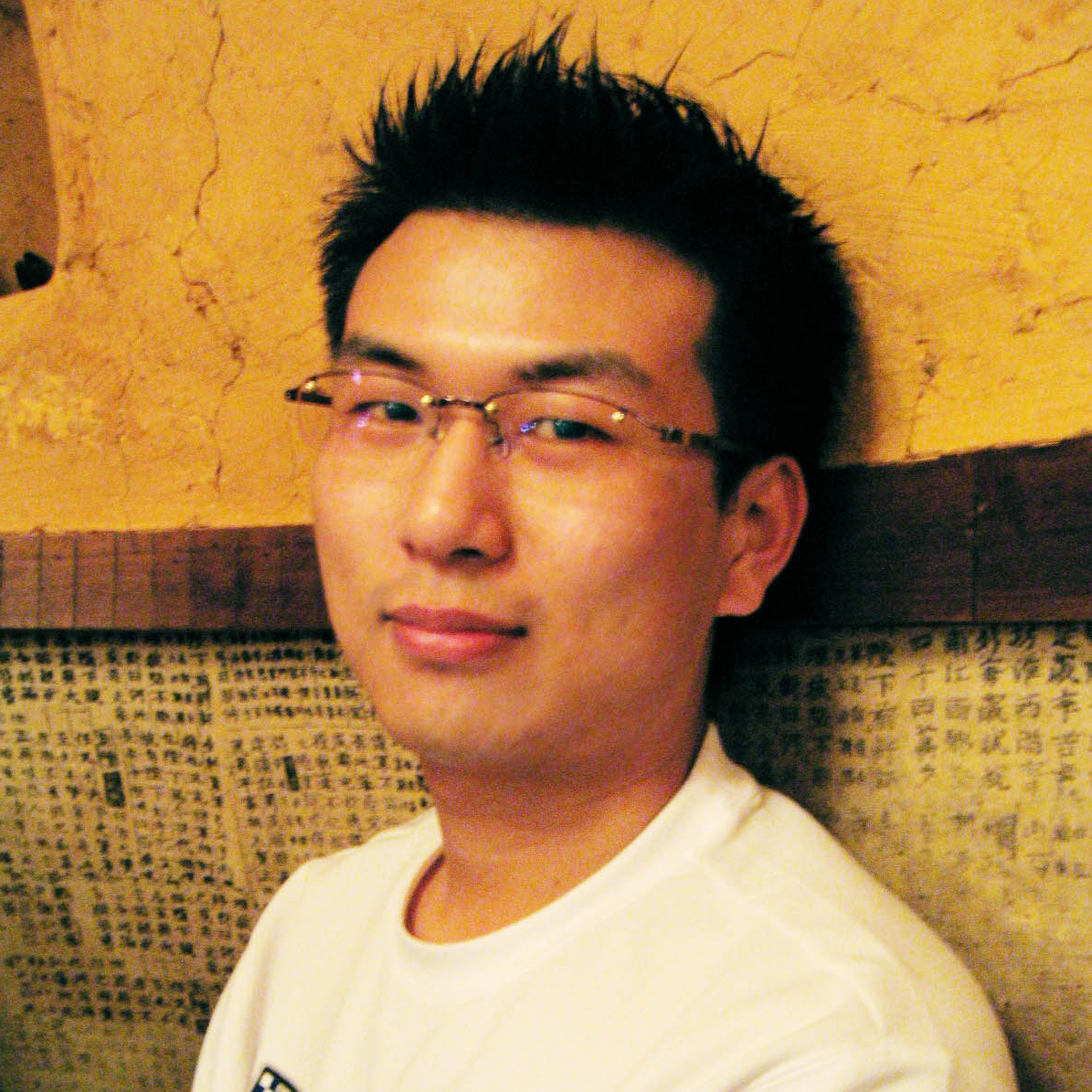
Dongsun Kim
Korea University, South Korea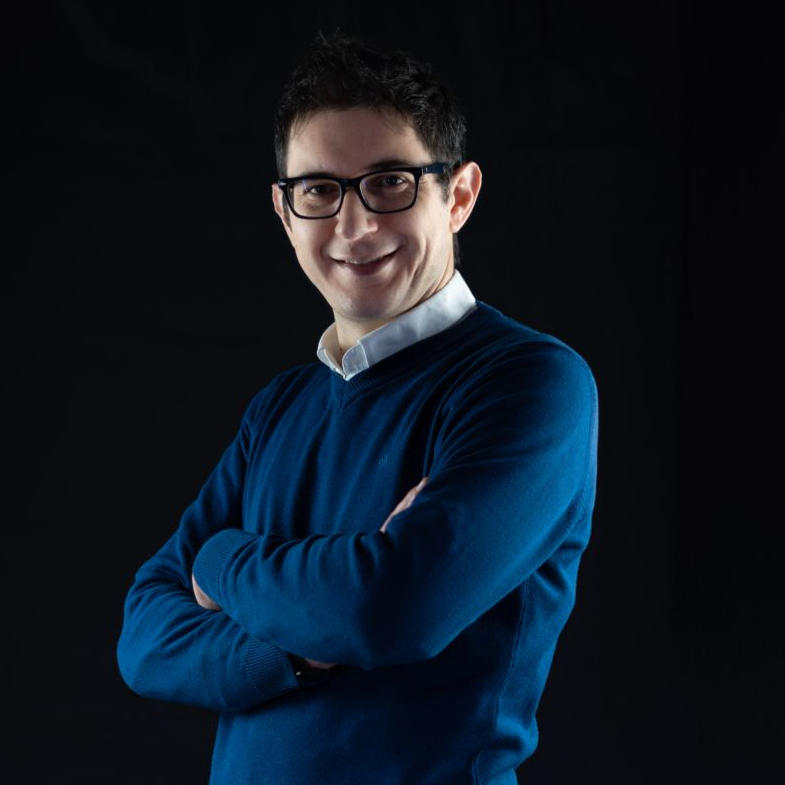
Giacomo Valente
University of L'Aquila, Italy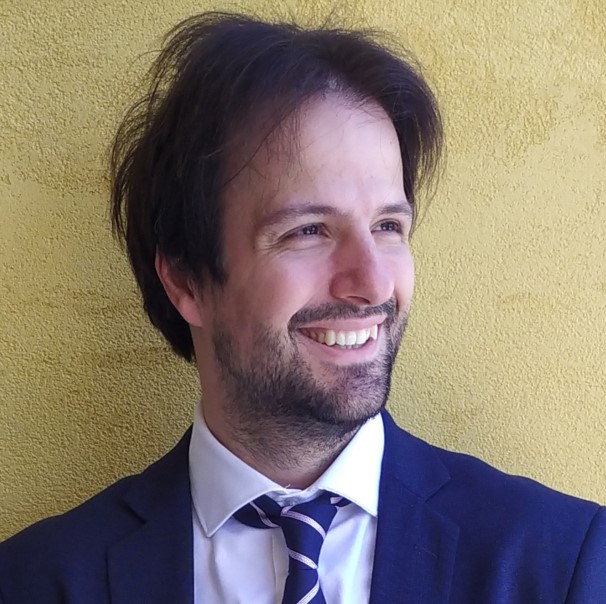
Riccardo Rubei
University of L'Aquila, Italy
Alessio Bucaioni
Mälardalen University, Sweden Steering Committee
- David Lo (Chair), Singapore Management University (Singapore)
- Romina Eramo (Vice-Chair), University of Teramo, (Italy)
- Cláudio Ângelo Gonçalves Gomez, Aarhus University (Denmark)
- Benoit Combemale, University of Rennes (France)
- Luca Berardinelli, Johannes Kepler Universität Linz (Austria)
- Hugo Bruneliere, IMT Atlantique (France)
PC members
- Amleto Di Salle, Gran Sasso Science Institute (Italy)
- Claudio Di Sipio, University of L'Aquila (Italy)
- Vincenzo Stoico, Vrije Universiteit Amsterdam (The Netherlands)
- André Storhaug, Norwegian University of Science and Technology (Norway)
- Akshata Bhat, Amazon (Seattle)
- Roberta Capuano, University of L'Aquila (Italy)
- Kisub Kim, Singapore Management University (Singapore)
- Shubhra Mittal, Microsoft (Seattle)
- Zohra Kaouter Kebaili, INRIA (Rennes)
- Malvina Latifaj, Mälardalen University, Västerås (Sweden)
- Boqi Chen, McGill University (Canada)
- Antonio Cicchetti, Mälardalen University, Västerås (Sweden)
- Martin Weyssow, Singapore Management University (Singapore)
- James Pontes Miranda, CEA-List (France)
Keynote
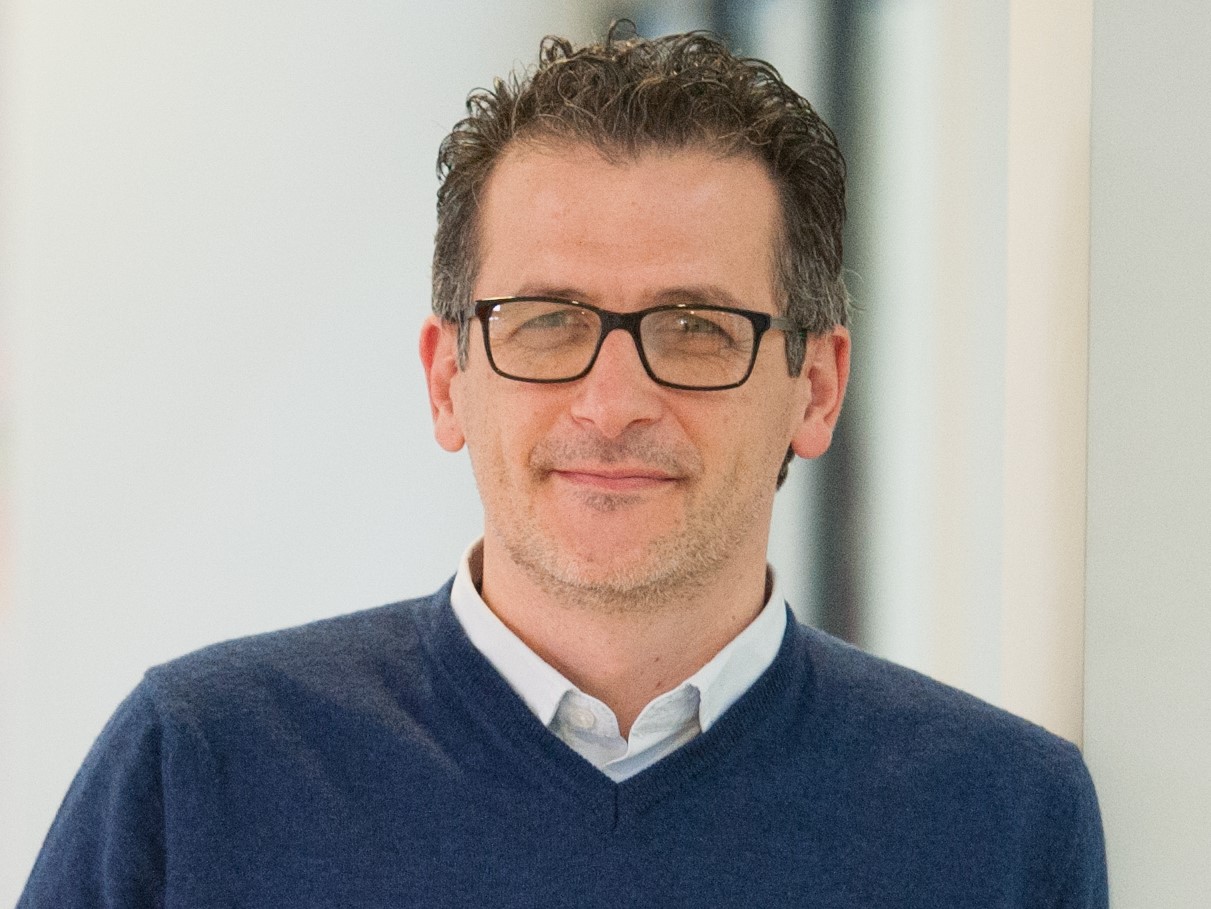
Davide Di Ruscio, University of L'Aquila
From PromptWare to AgentWare: Multi-Agent Systems for Reliable AI in Software Engineering
Abstract: Software development is rapidly evolving from traditional coding practices to new paradigms where Large Language Models (LLMs) and agentic AI play a central role. After the emergence of PromptWare, we are now entering the AgentWare era, where multi-agent systems (MAS) collaborate to design, implement, and validate software. This talk explores the opportunities and challenges of LLM-based multi-agent systems in software engineering. I will illustrate how multiple AI agents can cooperate, complement each other's strengths, and be governed under human supervision to increase reliability, transparency, and trust in AI-assisted development. Special emphasis will be given to the MOSAICO Horizon Europe project (https://mosaico-project.eu/), which is building a platform for managing, orchestrating, and supervising AI agents tailored to software engineering tasks. The talk will present examples, insights from existing MAS frameworks, and future research directions on governance and quality assessment in AI-driven software engineering.
Bio: Davide Di Ruscio is a Full Professor of Computer Science at the University of L’Aquila, Italy, where he also serves as Director of the PhD Program in Information and Communication Technology. His research interests include software engineering, model-driven engineering (MDE), and the application of artificial intelligence to software development. He has contributed to several European and national research projects, most recently MOSAICO, a Horizon Europe project on multi-agent systems for software engineering. He has co-authored numerous publications in top-tier international venues and has been actively involved in conference organization and editorial activities. His current work focuses on how generative AI and multi-agent systems can transform the engineering of software systems.
Program
(all times relate to local time in Seoul, South Korea)
MAS-GAIN Opening Session
Chair: Vittoriano Muttillo, Dongsun Kim, Alessio Bucaioni
Session 1: Frameworks and Architectures for GenAI-based Multi-Agent Software Engineering
Chair: Dongsun Kim
[09:00 - 09:20] Traceability and Accountability in Role-Specialized Multi-Agent LLM Pipelines
Amine Barrak
[09:20 - 09:35] Towards Multi-Agentic AI for Automated Software Design and Modelling: Challenges and Opportunities
Hoa Khanh Dam
[09:35 - 09:50] ALMAS: an Autonomous LLM-based Multi-Agent Software Engineering Framework
Vali Tawosi, Keshav Ramani, Salwa Alamir, Xiaomo Liu
Coffee break
Keynote
Chair: Alessio Bucaioni
From PromptWare to AgentWare: Multi-Agent Systems for Reliable AI in Software Engineering
Davide Di Ruscio
Session 2: Retrieval-Augmented Intelligence and Code Generation
Chair: Vittoriano Muttillo
[11:10 - 11:30] Multi-Agent Systems for Improved Information Retrieval - Leveraging Autonomous Agents and LLM Models
Aneta Poniszewska-Maranda, Maciej Kopa, Bozena Borowska
[11:30 - 11:50] GRACG: Graph Retrieval Augmented Code Generation
Konstantin Fedorov, Boris Zarubin, Vladimir Ivanov
[11:50 - 12:05] Bridging the Prototype-Production Gap: A Multi-Agent System for Notebooks Transformation
Hanya Elhashemy, Youssef Lotfy, Yongjian Tang
MAS-GAIN Closing Session and Final Wrap-up
Chair: Vittoriano Muttillo, Dongsun Kim, Alessio Bucaioni
Lunch
Venue
Grand Walkerhill Seoul
177 Walkerhill-ro, Gwangjin District
Seoul, South Korea
You can find all the information on how to reach the conferece location on the ASE main website